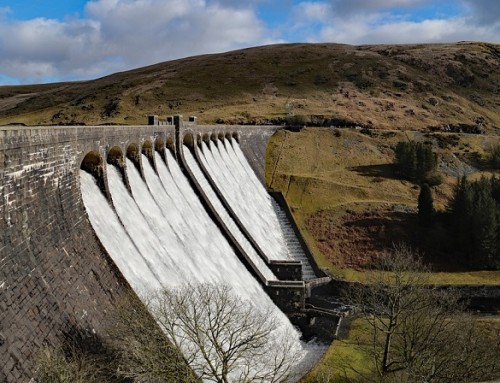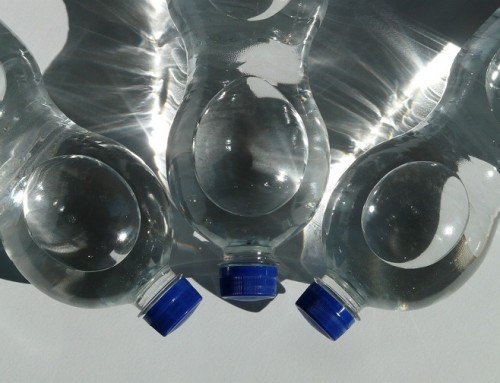 Some of us are lucky enough to live in countries where the municipal water is of good quality, but what do those of us who are not so lucky do? Are water filters really the answer, and are all water filters safe to use?
Some of us are lucky enough to live in countries where the municipal water is of good quality, but what do those of us who are not so lucky do? Are water filters really the answer, and are all water filters safe to use?
Even though your local municipality may make use of very modern methods to ensure that your drinking water is safe according to national or international standards, it may not be 100% so. There have been many reports of undesirable contaminants such as pharmaceutical drugs, cocaine, lead, and arsenic in tap water.
Even though none of the above contaminants may be in your drinking water, it may still not be safe as the drinking water is often treated with either chlorine or fluoride, both of which have been proven to be carcinogenic:
- Chlorine has been linked to several cancers, including bladder cancer;
- Fluoride has also been linked to various cancers, notably bone cancer in young males
Water Filters – Are They Safe to Use?
So, if the tap water is not 100% safe to drink, what options do we have? Do we have to use water filters, and if so, which are the best to use. Are water filters all the same? Are they all safe to use?
As more individuals are becoming more health conscious, many of us are either already using a countertop or tap water filter or looking into using some kind of water filter to help remove toxic chemicals and other unwanted pollutants.
There are many different types of water filters, including water filter jugs, filters that fit onto your taps, under-counter water filters, water cooler water filters, activated carbon water filters, and Point of Use (POU) water filters.
Most countertop or tap filtration systems use activated carbon, which is one of the best forms of filtration, to filter the water. Activated carbon has a large surface area therefore acts as a sponge, absorbing contaminates. Carbon is especially good for filtering chlorine and fluoride from tap water, but there are concerns that it may not be 100% safe. If the filter is not changed regularly it could become the breeding grounds for bacteria and viruses. Some carbon filters have bacteriostatic properties; this means that they are infused with metallic silver which will kill the bacteria within the filter material. When purchasing an activated carbon water filter, make sure that it has these bacteriostatic properties.
Another sure way to ensure that the water filter that you are using is safe is if it is part of an office water cooler system or a home water cooler. Most water companies will service the water coolers regularly, and this will include checking that the filter is in good condition. POU water coolers have filters which are fitted right where the municipal pipes join your connection so that your drinking water is filtered long before it gets to your glass.





